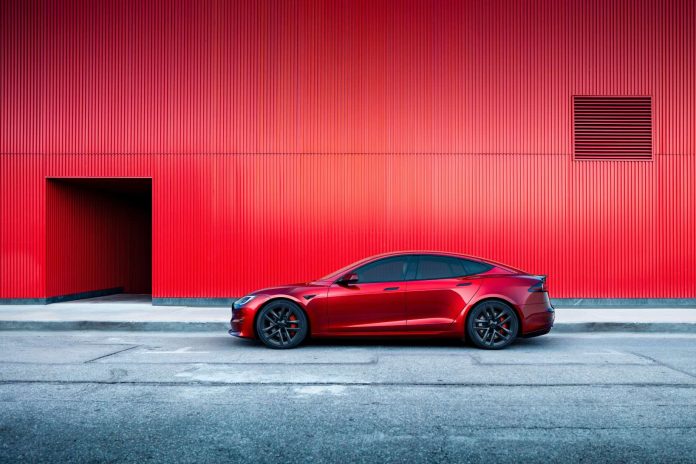Back in 2012, Tesla introduced the Model S, an expensive electric sedan that entered a market dominated by neighborhood vehicles and the Nissan Leaf. For years, Tesla held a significant advantage over other electric vehicle (EV) manufacturers.
However, in recent times, it has failed to maintain that lead. There has been a market share decline for Tesla and face increasing competition in the EV market.
During the first half of 2023, Tesla experienced a significant decline in sales for its larger models, the X and S, despite receiving notable facelifts for both vehicles. Model S registrations dropped by 51 percent compared to the same period last year, with only 9,743 units sold. The Model X also saw an 18 percent decrease, as reported by Automotive News. However, the company did witness a 19 percent increase in Model 3 registrations and an impressive 95 percent growth in American Model Y registrations.
Although Tesla managed to achieve steady sales growth by the end of July, thanks to the popularity of its more affordable models, the 21 percent year-over-year increase (primarily driven by Model Y growth) is significantly smaller than its previous figures. Other companies are gradually catching up to Tesla’s initial advantage, demonstrating substantial year-over-year growth in EV sales. For instance, Chevrolet’s Bolt EUV sales more than doubled from 11,774 units in the previous year to 27,802 units in H1 2023.
The Volkswagen ID.4 and Hyundai Ioniq 5 also experienced similar sales growth. Additionally, newer models like the BMW i4 and Rivian R1S witnessed exponential growth as production expanded.
Market Share Data
Data from Experian reveals that Tesla’s market share has declined to 58 percent, marking a seven-point decrease from the previous year. Considering Tesla’s lack of advertising and PR efforts, it is remarkable that the company continues to experience sales growth. However, this could be attributed to its limited competitive reach. General Motors has invested heavily in advertising its electric models, leading to a nearly three fold increase in Chevrolet’s EV registrations in the first eight months of 2023 compared to the previous year. As a result, General Motors now holds a six percent share of the U.S. EV market (which still remains small, accounting for less than four percent of total registrations).
Ford’s market share also dropped from 7.1 percent in 2022 to 5.3 percent this year, placing it third in the race for American EV supremacy. Hyundai, BMW, and Rivian rank fourth, fifth, and sixth, respectively. The EV market is now filled with numerous players who were not present in the previous years or even last year.
Advantage is Diminishing
Elon Musk has enjoyed the advantages of being an early player in the market. However that market share decline for Tesla contunies. The company may need to focus on innovation to drive additional growth. The Cybertruck, which was expected to rejuvenate Tesla’s sales, might not be the game changer it was anticipated to be. Instead, Tesla could consider developing the promised sub-Model-3 priced at $25,000, a project that has been in the works for five years. Alternatively, Tesla could expand its product lineup and enhance its competitive position in the market.
http://54.169.179.54/telsa-introduce-car-wrapping-to-fix-ongoing-paint-challenges/
